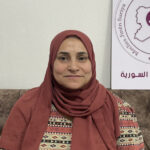
Mona Youssef, administrator of the Jazira Canton office of the Syrian Women’s Council spoke to RIC about the recent developments in Syria, potential avenues for change and action in the current situation, and the work of the Syrian Women’s Council therein.
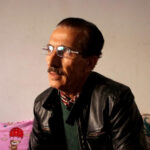
Hassan Hassan is an English teacher and works with the NGO S.O.S. Afrin. He is originally from Afrin and lived almost seven years in Shehba. His family and he were displaced to North and East Syria following the Turkish-backed Syrian National Army’s December 1 offensive to seize Shehba. He talks to RIC about his memories of the SNA’s attack, mass displacement from Shehba, the travel to Tabqa, and his situation having been now twice displaced.`
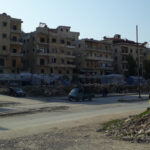
Two Kurdish neighborhoods in Aleppo, Sheikh Maqsoud and Ashrafiyeh, are currently besieged by Hayat Tahrir al-Sham (HTS) following the Islamist force’s unexpected advances and capture of Syria’s second-largest city from Bashar al-Assad’s Syrian Arab Army (SAA). These neighborhoods have maintained their autonomy from both the Assad government and the Islamist opposition since the start of the Syrian conflict, becoming a safe haven for those fleeing violence, persecution and violent repression elsewhere in Aleppo and Syria. In this explainer, Rojava Information Center (RIC) provides key information on the neighborhoods, their humanitarian and political significance, the previous violence they have endured, and the grave threat now facing these isolated neighborhoods.
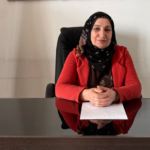
Today is the International Day for the Elimination of Violence Against Women. RIC interviewed Arzo Tammo, the coordinator of Sara’s Qamishlo center. Sara is an organization specifically created to address violence against women, such as combating kidnapping and underage marriage.
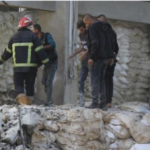
On October 23 and 24, Turkey has attacked 30 confirmed locations throughout NES, carrying out airstrikes targeting electricity, oil, and other civilian infrastructure. Many locations were hit several times.
The air strikes targeted factories, two bakeries, a health center, and Asayish (Internal Security Forces) checkpoints. Oil stations such as Awda, Tafla, and Suwaydiyah, along with power stations in Kobane and Amude that supply and service the cities were also hit.
This repeated targeting of vital and service facilities precipitates a humanitarian disaster in an area that is home to millions of people, who are already suffering from severe fuel and gas shortages as a result of Turkey’s repeated targeting of infrastructure facilities in previous years.
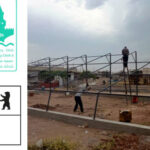
A solar-powered water well has been constructed in Dêrik, a town governed by the Autonomous Administration North and East Syria (AANES), marking a significant advancement in sustainable infrastructure in the Kurdish-led region.
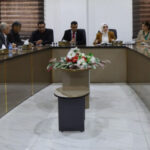
In anticipation of the forthcoming municipal elections in NES, planned for 11th of June 2024, DAANES passed a new law explaining the election process. The elections have been called in accordance with the publication of the New Social Contract in December 2023.
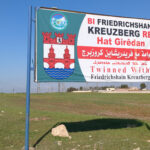
In 2019, a city partnership between Berlin Friedrichshain-Kreuzberg and Derik was established. Since then, several projects have been realized in cooperation, including ecological initiatives, service provisions and information exchanges.
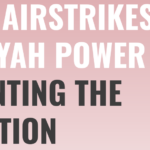
Turkey has established a systematic practice of targeting NES’ power infrastructure in period airstrike campaigns, usually lasting several days. Amongst Turkey’s key targets is the Suwaydiyah gas and electricity station. This vital station is NES’ only domestic gas bottling plant and a key source of electricity for vital services such as hospitals, mills, bakeries and oil extraction facilities.
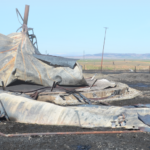
Turkey has established a systematic practice of targeting NES’ power infrastructure in period airstrike campaigns, usually lasting several days. Amongst Turkey’s key targets is the Suwaydiyah gas and electricity station. This vital station is NES’ only domestic gas bottling plant and a key source of electricity for vital services such as hospitals, mills, bakeries and oil extraction facilities.
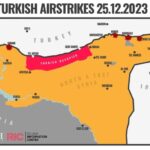
On Christmas day, Turkish airstrikes hit 18 locations, including factories producing construction materials, agricultural products and foods, grain silos, a mill, industrial sites, a dialysis center, a printing house and a petrol station.
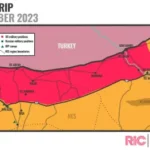
On the 4th anniversary of the Turkish invasion and subsequent occupation of the ‘M4 Strip,’ RIC interviewed Berzan Abdullah, one of the members of the administration of Washokani camp, near Heseke city, and Souria Mohamed Hussain, a resident of this camp.












